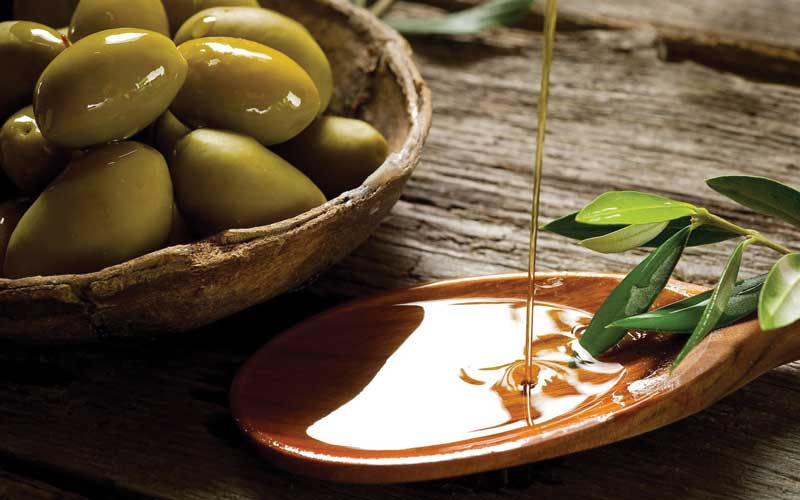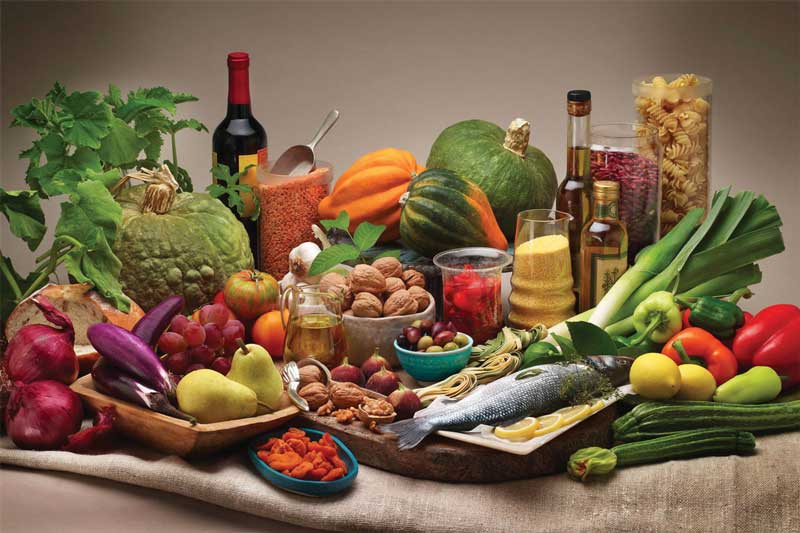With lovely colors, alluring scents and extravagant flavors, Greek food has always appealed to the senses and has influenced worldwide culinary culture since the Classical Period.
Neighboring civilizations such as Italy and Turkey slowly adopted many Greek dishes and traditions, which have then expanded to the rest of the world and throughout history. Fruits, vegetables, and grains are essential for Greek cuisine, and several of these goods have been featured in mythology as sacred or forbidden, protected by Demeter, goddess of grain and agriculture. Vineyards and wine have existed in Greece since 4000 BC, represented by Dionysus, god of wine and earthly fertility. Wine is, in fact, a significant part of the development of Greek economy due to high demand and, either recreational or spiritual, consumption.
Cultivation and Myth
Hilly terrain is ideal for growing grapevines, while the ground at the foothills is used to harvest wheat, barley, and fig, pomegranate, and olive trees. The symbolism of the olive in Greece is depicted in a myth that narrates a competition between Athena, goddess of wisdom and war strategy, and Poseidon, god of the sea; whoever crafted the best gift for the citizens would be named patron of Athens, the most important city of Greece. Athena thus grew the first olive tree and it was considered the winner over Poseidon’s spring of salt water. Ever since, the olive remains as a rich symbol in Greek culture. It represents peace, fertility and hope.
The Healthiest Food in the World
The most important characteristic of Greek cuisine are fresh foods, olive oil, grain, fruit and spices; bread is the primal guest at every table. They produce a large variety of cheese, and more than twenty have originated in Greece. Seafood and poultry are more common than red meat. Greek dishes produce a delicious and healthy mixture: we might as well be eating ambrosia, the food of the gods.
Text: Donovan Shii / Ashanti Rojano ± Photo: © Rainprel / REB KDA/ GREECE FAST





